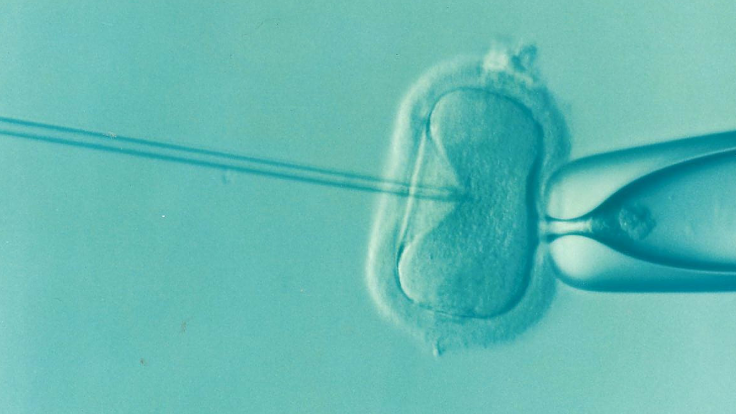Babies Conceived This Way Are At A Higher Risk Of Dying Before They Turn One
KEY POINTS
- About 4 million children in the U.S. born every year are conceived via IVF.
- Per a recent study, IVF babies are at a 45% higher risk of dying within a year
- IVF babies should be given extra care & attention during the first few weeks of life
About 4 million U.S. births annually are via In vitro fertilization (IVF), the Centers for Disease Control and Prevention (CDC) said. A new study reported that babies conceived using IVF methods are at a higher risk of death during infancy compared to those conceived normally.
According to the study published in the journal Sterility and Fertility, which analyzed more than 7,000 children who died before turning the age of one, those conceived via IVF had a 45% risk of death during the early years.
"It is important to note that even if we on a group level can see a somewhat increased risk of infant mortality after IVF, the absolute risk for each individual is still very small," UPI quoted the study’s co-author and associate professor of oncology and pathology at Karolinska Institutet- Kenny Rodriguez-Wallberg’s press release statement. "It is also reassuring to know that there is no increased risk of mortality in this group of children beyond the first year of life," he added.
The study also reported that mortality risk among children beyond one year of age was similar in all children regardless of the method of conception.
Previous studies have also reported the risk of low birth weight, birth defects and premature birth among IVF-induced pregnancies. Such risks have been partly attributed to the higher probability of twin-births after the IVF procedure.
However, in this study, the researchers included only singleton babies and compared their mortality rates to those conceived via natural methods as well as other assisted reproductive techniques. From more than 2.8 million children born in Sweden over a period of 30 years, approximately 43,500 were conceived through assisted reproduction.
The findings revealed that 7,236 babies died before turning one and only 114 of them were conceived via other assisted reproductive procedures. The level of risk varied depending on the type of assisted reproductive technique and the risk gradually reduced after the initial weeks following birth.
The authors highlighted the fact that the kind of assisted reproductive technique made a huge difference and it is important to investigate the causes or underlying mechanisms behind the mortality risks. They also opined that extra attention and care should be given to babies conceived via IVF particularly during the first few weeks of life.

© Copyright IBTimes 2024. All rights reserved.






















